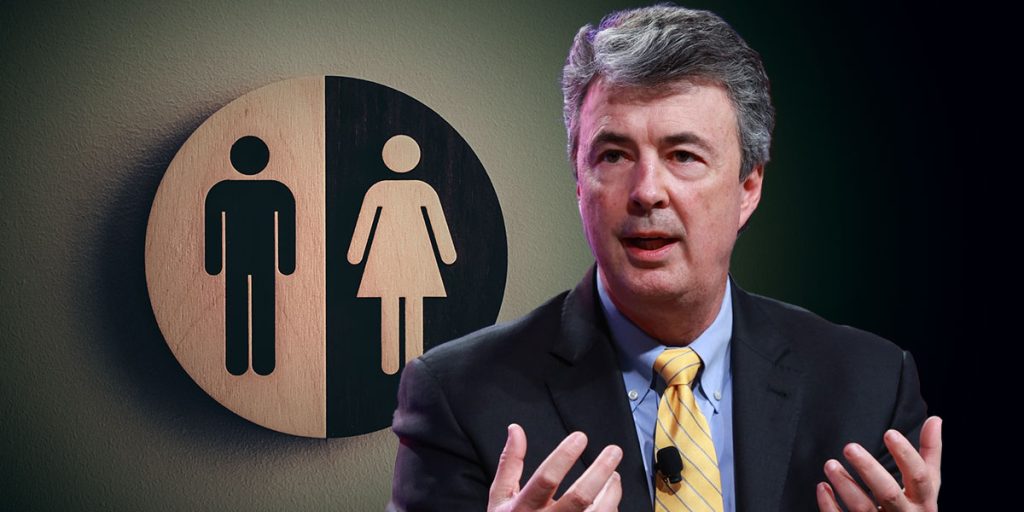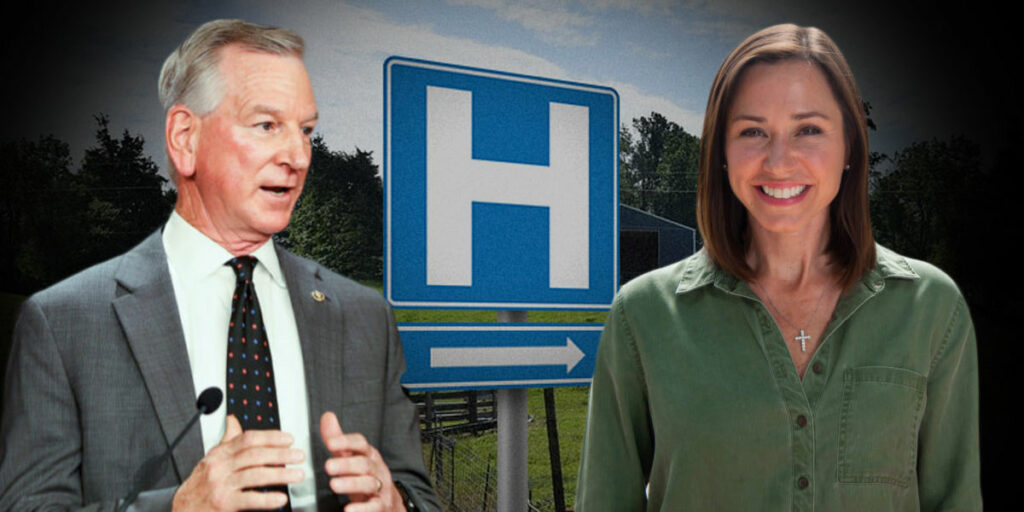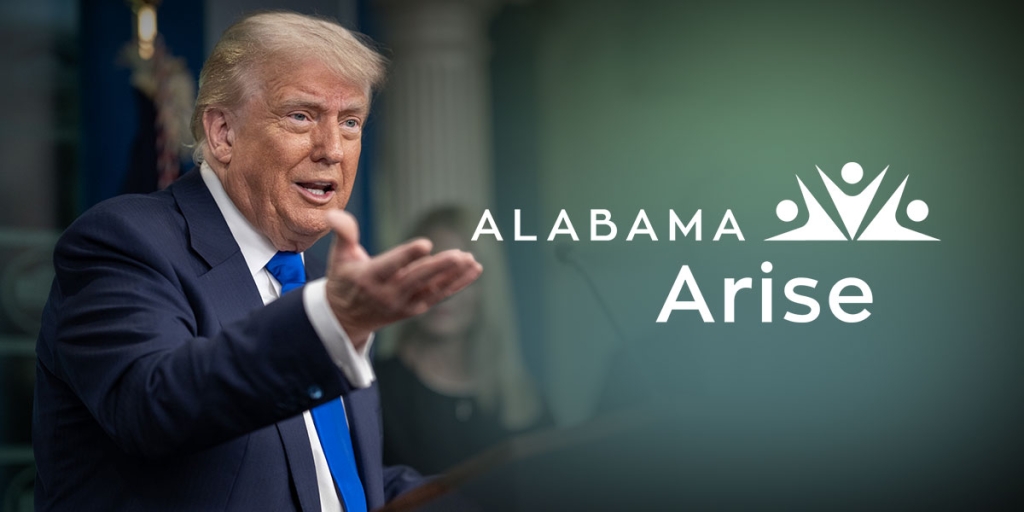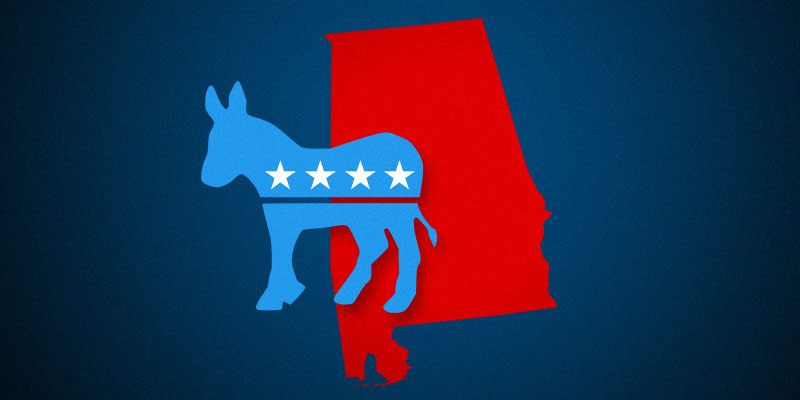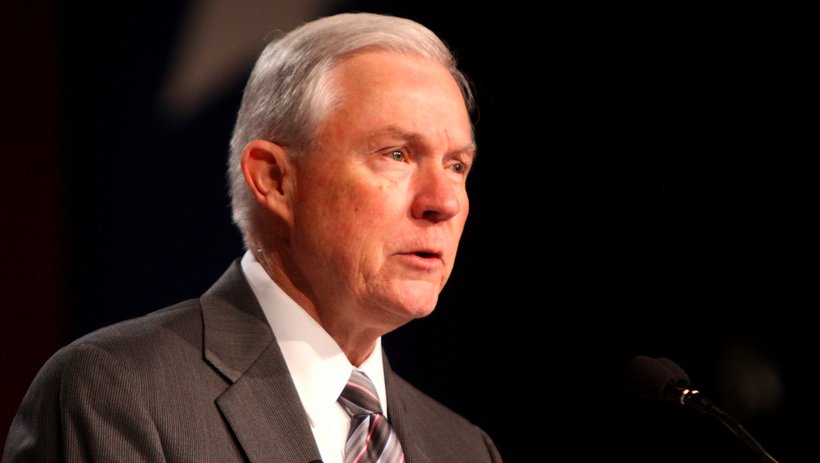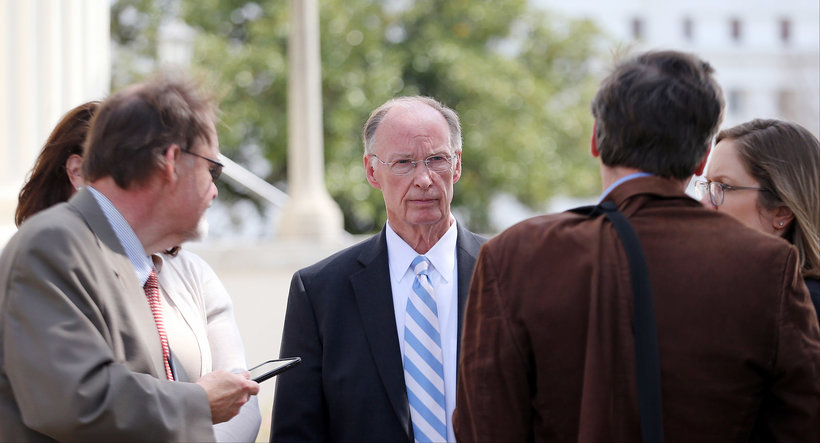
Alabama Gov. Robert Bentley has thrown in the towel on pushing for tax increases to fund the growth of the state’s Medicaid program, announcing recently that he is instead calling a Special Session of the legislature for the specific task of approving a lottery to fund “essential services.”
Gov. Bentley asked the Legislature to include an additional $100 million appropriation for Medicaid this year, bringing the total request to $785 million. In 2007, Medicaid’s line in the General Fund Budget was only $400 million, and the program’s explosive growth is likely to continue in the years to come. That makes Gov. Bentley’s claim that the lottery is a “longterm solution” to the state’s perpetual budget issues a complete joke to anyone who is actually paying even the slightest attention to the actual numbers.
The legislature ultimately included $700 million in next year’s budget for Medicaid, $85 million short of Gov. Bentley’s request.
Senate Majority Leader Greg Reed (R-Jasper) has said it is imperative to fully fund Medicaid so that reforms passed can be fully implemented.
“The Regional Care Organizations (RCO) reform, set up by legislation I sponsored in 2013, is projected to save the state hundreds of millions of dollars over the coming years,” he said. However, “The Centers for Medicare and Medicaid Services” told Alabama that their approval of these reforms “depends on the state adequately funding Medicaid.”
“Therefore, we must find a way to solve Medicaid’s $85 million budget shortfall,” he concluded, “both to protect a program that nearly one million Alabamians rely on, and to move forward with these long-term reforms that will slow Medicaid’s exploding costs.”
The State Medicaid Agency responded to cuts earlier this year by reducing reimbursements to doctors back to 2013 levels, which was before ObamaCare implemented a “fee bump.” That decision saved the state roughly $15 million, meaning the shortfall is actually only $70 million.
With that in mind, here is how the State of Alabama can fully fund Medicaid, meet its obligations, and put itself in a better financial position going forward — all without the lottery Hail Mary that is currently being proposed.
The next step after the elimination of the aforementioned “doctor bump” would be monetizing the BP Oil Spill settlement money by issuing a bond, which would make about $630 million available.
Those funds could be immediately used to pay down debt owed to the state’s Rainy Day Fund ($161 million) and the People’s Trust Fund ($422 million). By doing that, the state would save $15 million that was budgeted to make debt payments in Fiscal Year 2016, which ends in two months, and another $20 million debt payment that was scheduled for Fiscal Year 2017. In addition to that, by paying off the debt, the state would begin to draw interest on the Rainy Day account, which would mean an additional $15 million in revenue for FY17 (which would increase to $35 million in FY18 and $50 million in FY19).
On top of all of that, the state will begin FY17 in two months with approximately $10 to $15 million in the General Fund account because tax revenue was higher than expected this year. Plus, Governor Bentley is currently sitting on $35 million from BP’s FY16 payment of $50 million, of which the state only budgeted $15 million.
So, in summary:
$35 million in saved debt payments;
$15 million in interest if the state pays back the debt;
$10 million in previously unanticipated revenue in FY16;
$35 million left over from the FY16 BP payment.
That totals $95 million, which is actually $25 million more than the $70 million needed since the “doctor bump” was already eliminated.
And if that much savings was unearthed by a single person doing a little thinking and digging, just imagine how much is actually out there to be saved if the Governor directed his army of budget staffers to do it.
Here’s the bottom line:
If Gov. Bentley and the legislature want to debate the merits of a state-sponsored lottery to fund Medicaid, prisons and other General Fund agencies, then let’s have that debate. But let’s not do it under the false pretense of a manufactured crisis. At best it’s lazy policymaking by politicians who don’t have the guts to make real reforms, and at worst it’s a complete sham.






